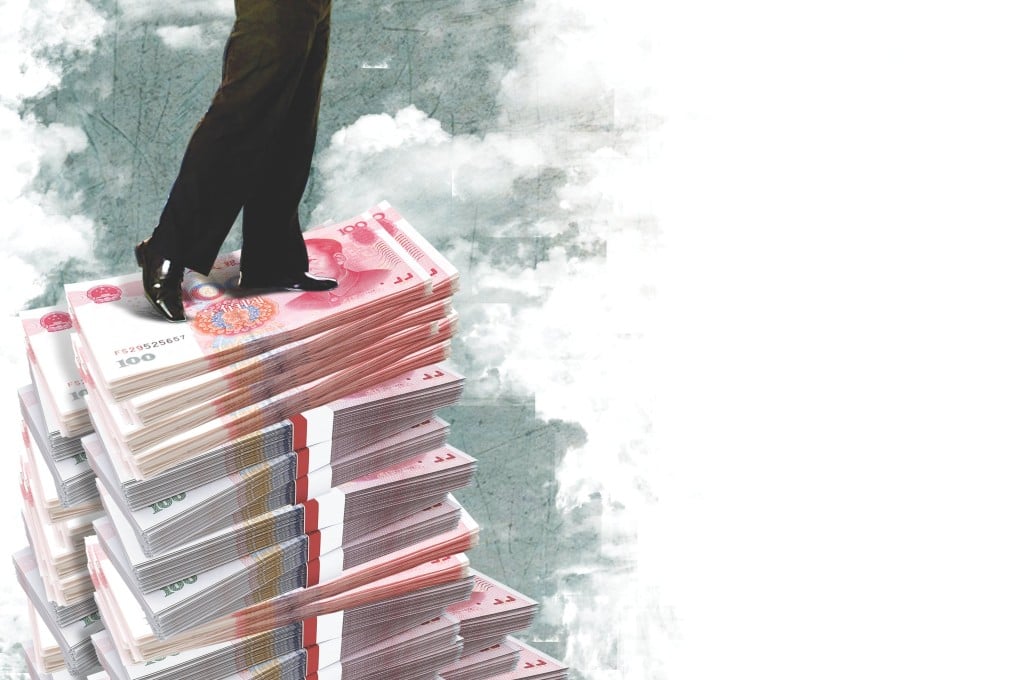Cost of knowledge
Chinese research authors are trying to encourage a boycott of journal publisher Elsevier, which they say charges far too much for access to academic papers

Returning from an international conference held in Washington Yuan Yaxiang , one of the mainland's best-known mathematicians, felt bad.
"I have been ripped off," he said in an interview, still bitter more than two months after the meeting. "For all these years I have not realised it, and still most scientists in China have not realised it - and that hurts me most. It is time for Chinese scientists to stand up, unite and say no to this scandalous practice."
Yuan, 52, a member of the Chinese Academy of Sciences, was not nagging about overpriced hotels or substandard airline food but that some of the world's biggest publishers of academic journals, including Elsevier and Springer, had charged "absurdly" high prices for academic journals whose contents were written, reviewed, edited and mostly purchased by academics themselves.
"If you are a mathematician in Guizhou (the mainland's poorest province) and you are interested in one of my recent papers, you will need to download it from the website of the journal's publisher. The price for a three-page article can exceed US$30, which can be more expensive than a 300-page textbook," Yuan said.
"The money would not come to me - my salary is paid by the taxpayers of China. The money would not go to the journal's referees or editors, who are mathematicians just like me and who work as volunteers. The money goes to the publisher, whose contribution in this process cannot be justified by the prices they charge.
"Researchers are ripped off, taxpayers are ripped off and knowledge, which should be freely available, has been fenced in and become a cash cow of a few big publishers."
Yuan said that as the world's economy was heading into recession, the prices charged for academic and scientific journals was going up. Even researchers in emerging economies such as China, which had rapidly growing research funds, were feeling the burden of having to subscribe to such journals. Most of them had no idea why the prices were so high.